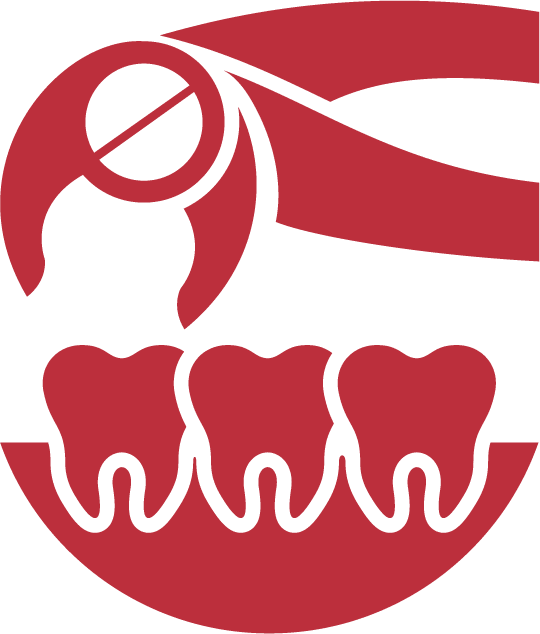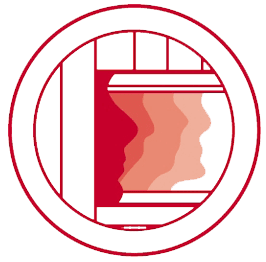Tooth Extractions
There are many reasons that you may require a tooth extraction. Severe decay, advanced periodontal disease, or extensive damage may be cause for tooth removal. Some teeth are extracted because they are poorly positioned (impacted) in the mouth or because they must be removed in preparation for orthodontic treatment.
Whenever possible, Dr. Kelly and Dr. REece will discuss alternatives to extractions to avoid issues with shifting teeth, a misaligned jaw, and chewing difficulties. We will also present options for replacement of the extracted tooth.

The Extraction Process
When you visit Colorado West Oral & Maxillofacial Surgery for tooth extraction, you’ll receive a local anesthetic to numb your tooth, jawbone, and the gums surrounding the affected area. During the extraction, you will feel pressure, but not pain. If you do feel pain, let us know immediately so we can take care of you.
Sectioning a Tooth
If a tooth is too firmly anchored, or the root is curved, we may not be able to expand the socket enough to remove the tooth. In these cases, Dr. Kelly or Dr. Reece will cut the tooth into smaller sections for easier removal.
After Tooth Extraction
Immediately after the extraction, you will be given gauze pads to place in your mouth and bite on to stop the bleeding. Keep the gauze in place for the 30-45 minutes following your appointment. If, when removed, the area is still bleeding, place new gauze over the area and bite firmly for another 30 minutes. Repeat until bleeding has stopped.
At this point, a blood clot will have formed over the extraction site. It is crucial that you do not disturb or dislodge the clot. DO NOT rinse vigorously, suck on straws, smoke, drink alcohol, or brush the teeth near the extraction site for 72 hours. Do not engage in intense physical activities for 24 hours. These activities may cause more bleeding from the extraction site.
You may experience pain and swelling after the procedure. An ice pack applied to the face will decrease swelling. Swelling usually subsides after 48 hours. Pain medications should be taken as prescribed. Please call our office at 970-245-2222 if your pain medication does not seem to be working.
If you were given antibiotics, take them as prescribed for the full prescription, regardless of whether you see signs of infection.
Drink lots of fluids and eat a nutritious diet of soft foods on the day of your procedure. When you are comfortable, progress to a regular diet.
Resume normal brushing and flossing after 24 hours. This will speed healing.
If you have heavy bleeding, severe pain, continued swelling for two to three days, or a reaction to the medication, call our office immediately.

Make an appointment with Dr. Kelly in our Grand Junction or Carbondale office by calling 970-245-2222 today.
Contact Us
Grand Junction Location
Hours
Monday 8:00 AM - 4:30 PM
Tuesday 8:00 AM - 4:30 PM
Wednesday 8:00 AM - 4:30 PM
Thursday 8:00 AM - 4:30 PM
Friday 8:00 AM - 3:00 PM
Saturday Closed
Sunday Closed
Carbondale Location
Hours
We see patients in Carbondale every Thursday. If this location is more convenient for you, please ask us about it when you schedule your appointment.

